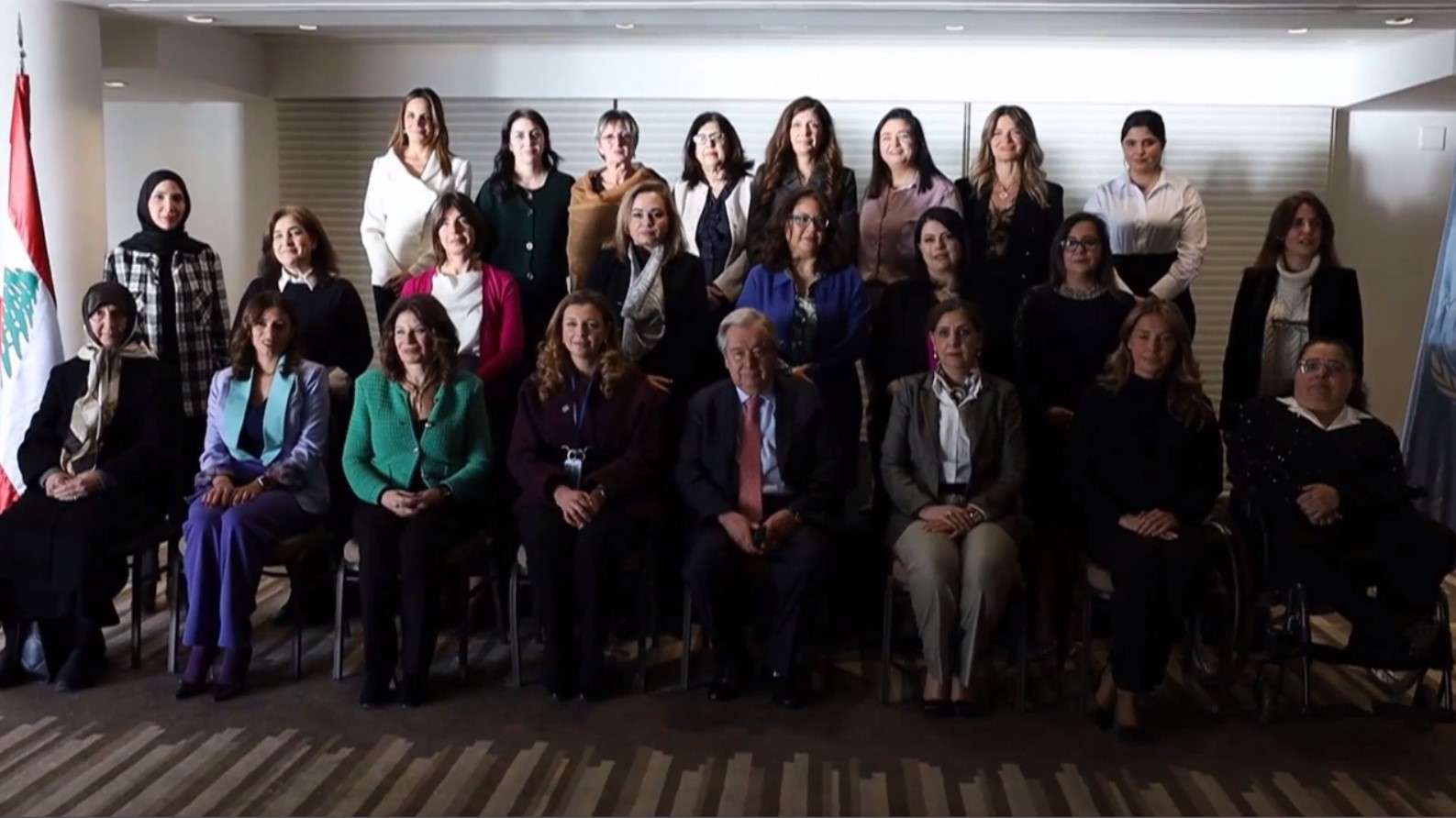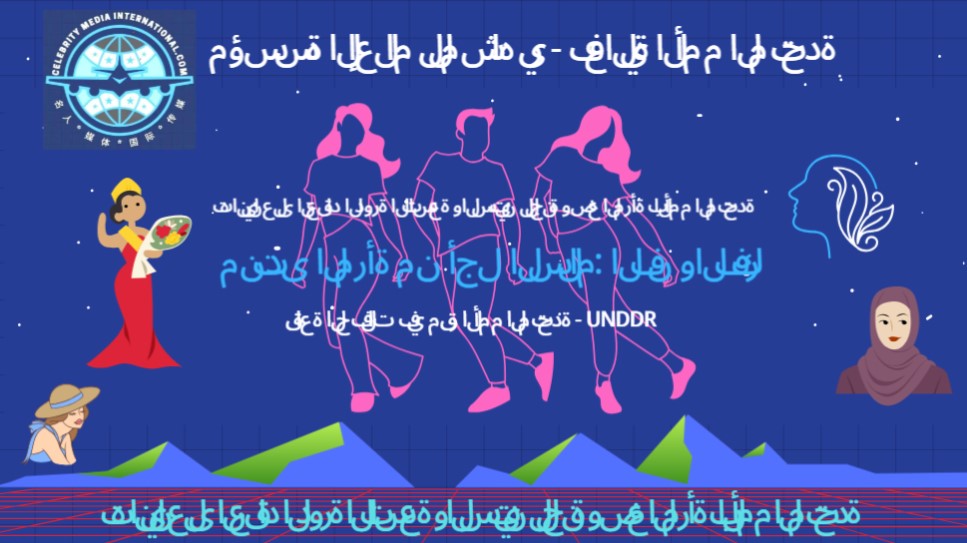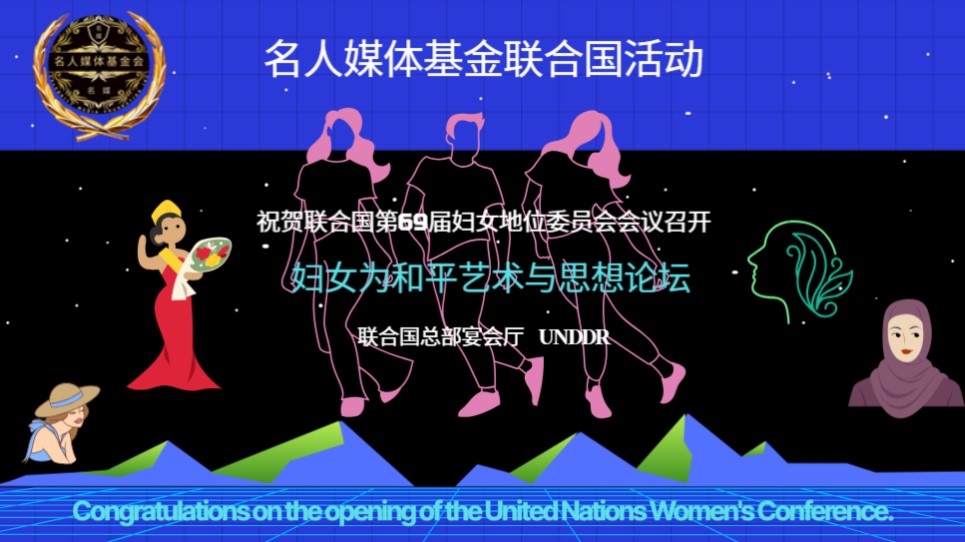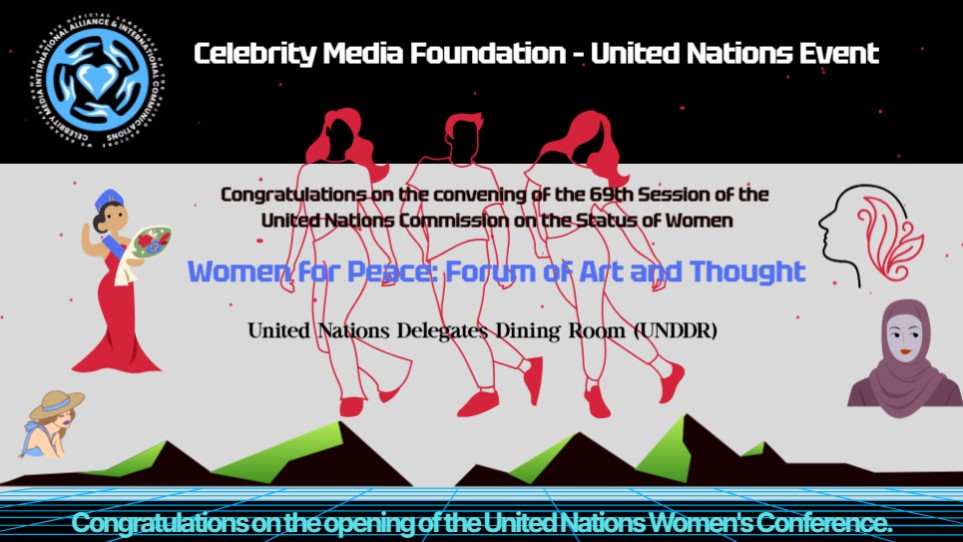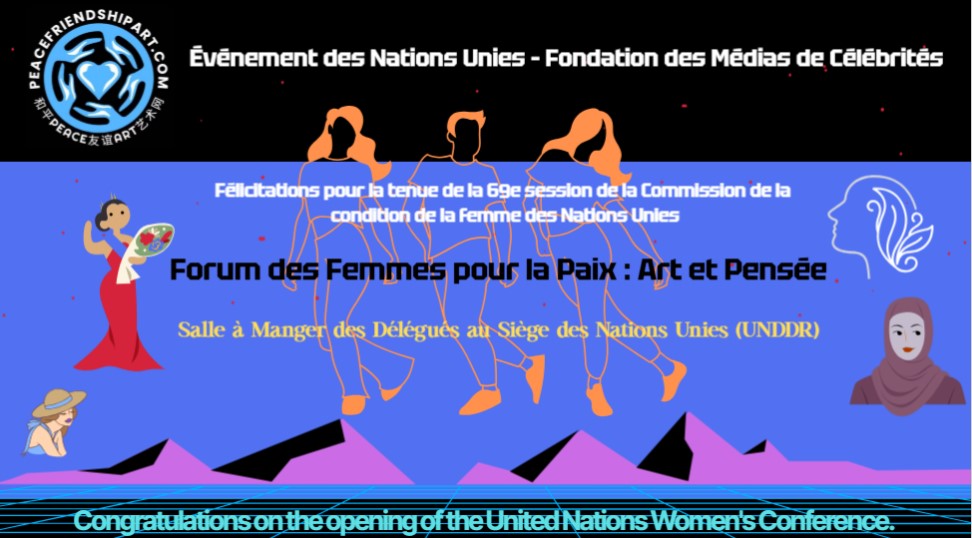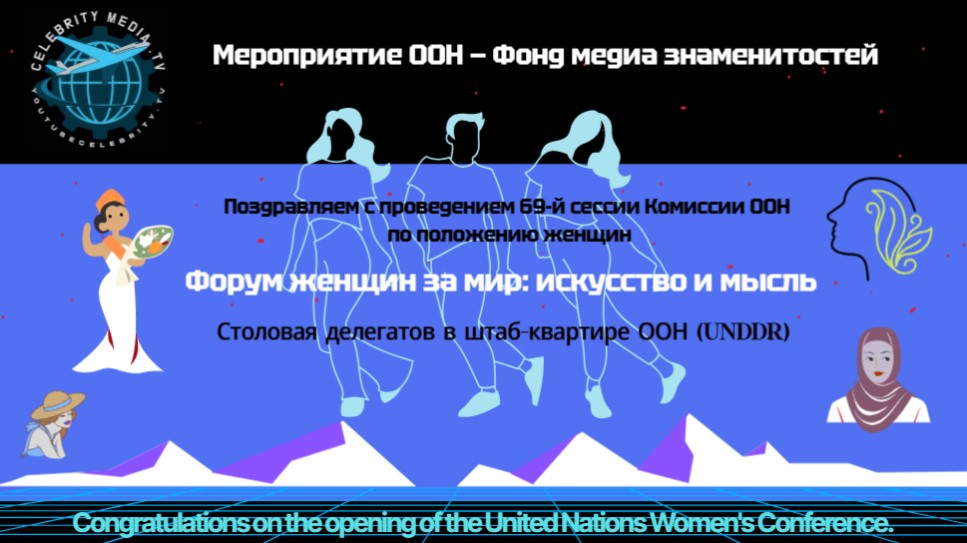Celebrity Media Commentator: Recently, UN Secretary-General António Guterres delivered a series of important speeches during his visit to Lebanon, discussing the Middle East peace process. These speeches not only brought hope to Lebanon but also outlined the direction for the peace process in the region. Against the backdrop of global turmoil, the Middle East issue is closely linked to the Israeli-Palestinian ceasefire agreement, the Russia-Ukraine war, and the new U.S. administration led by Donald Trump, highlighting the importance and role of the UN in this era of multipolar challenges.
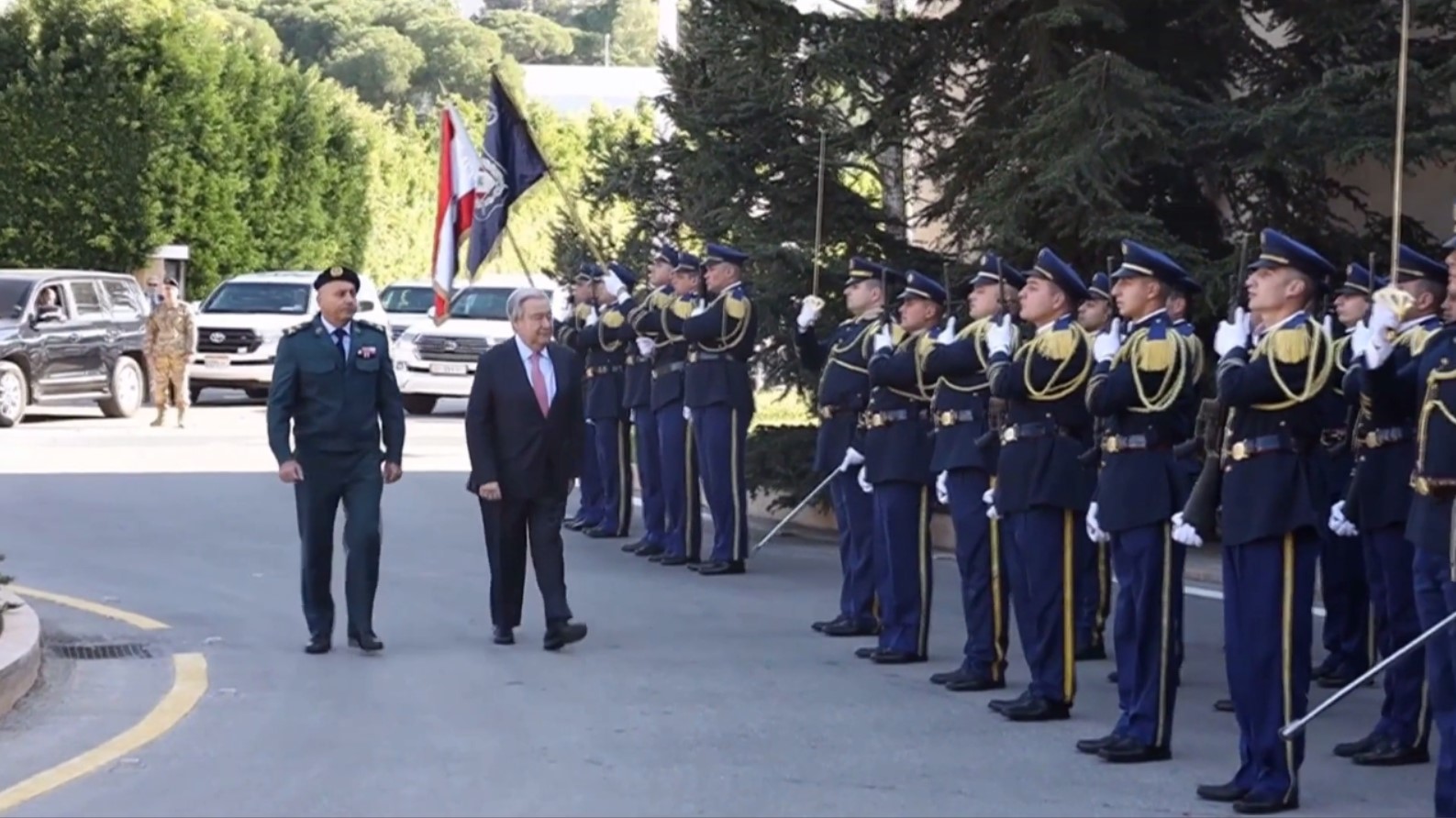
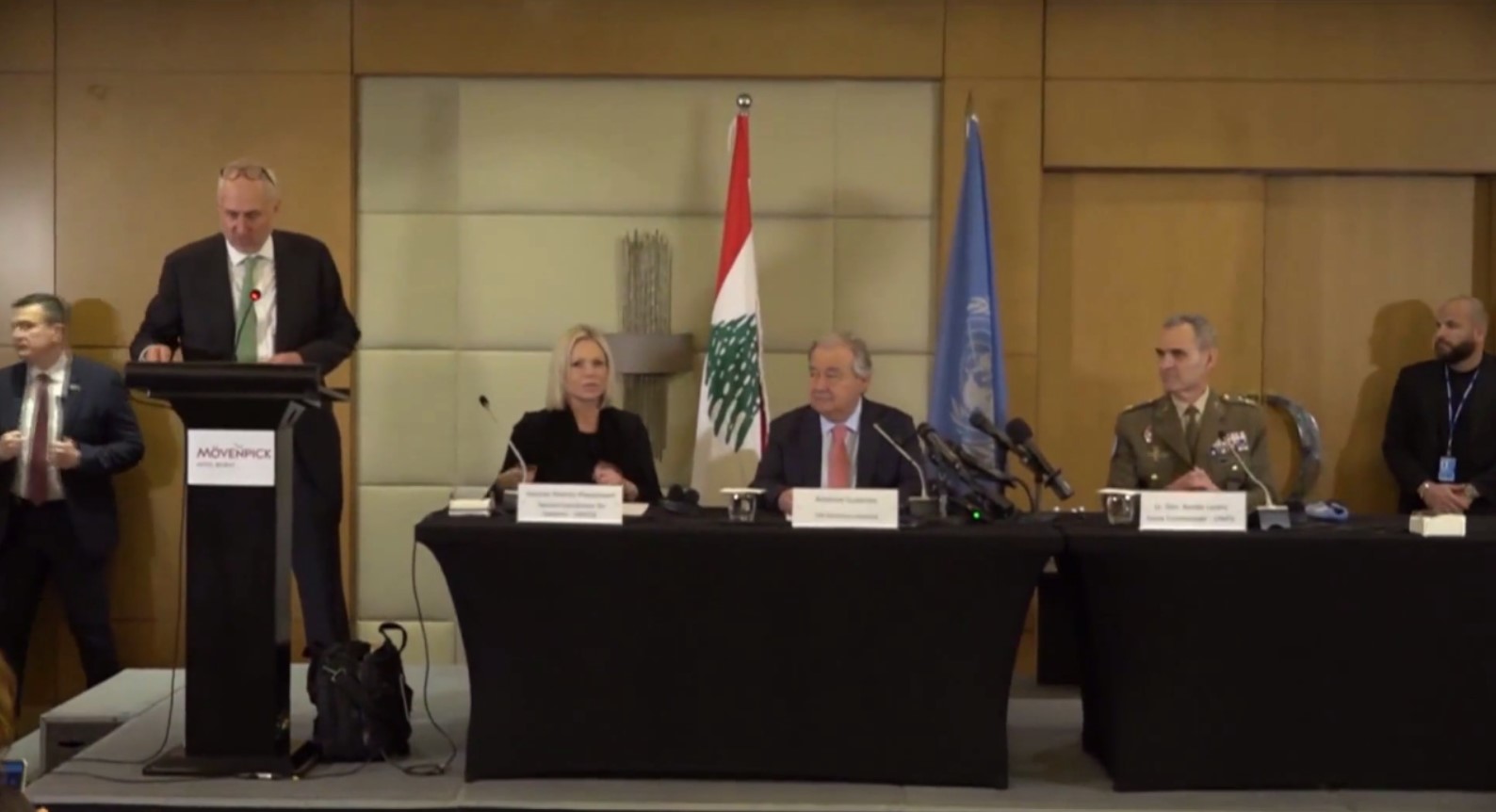
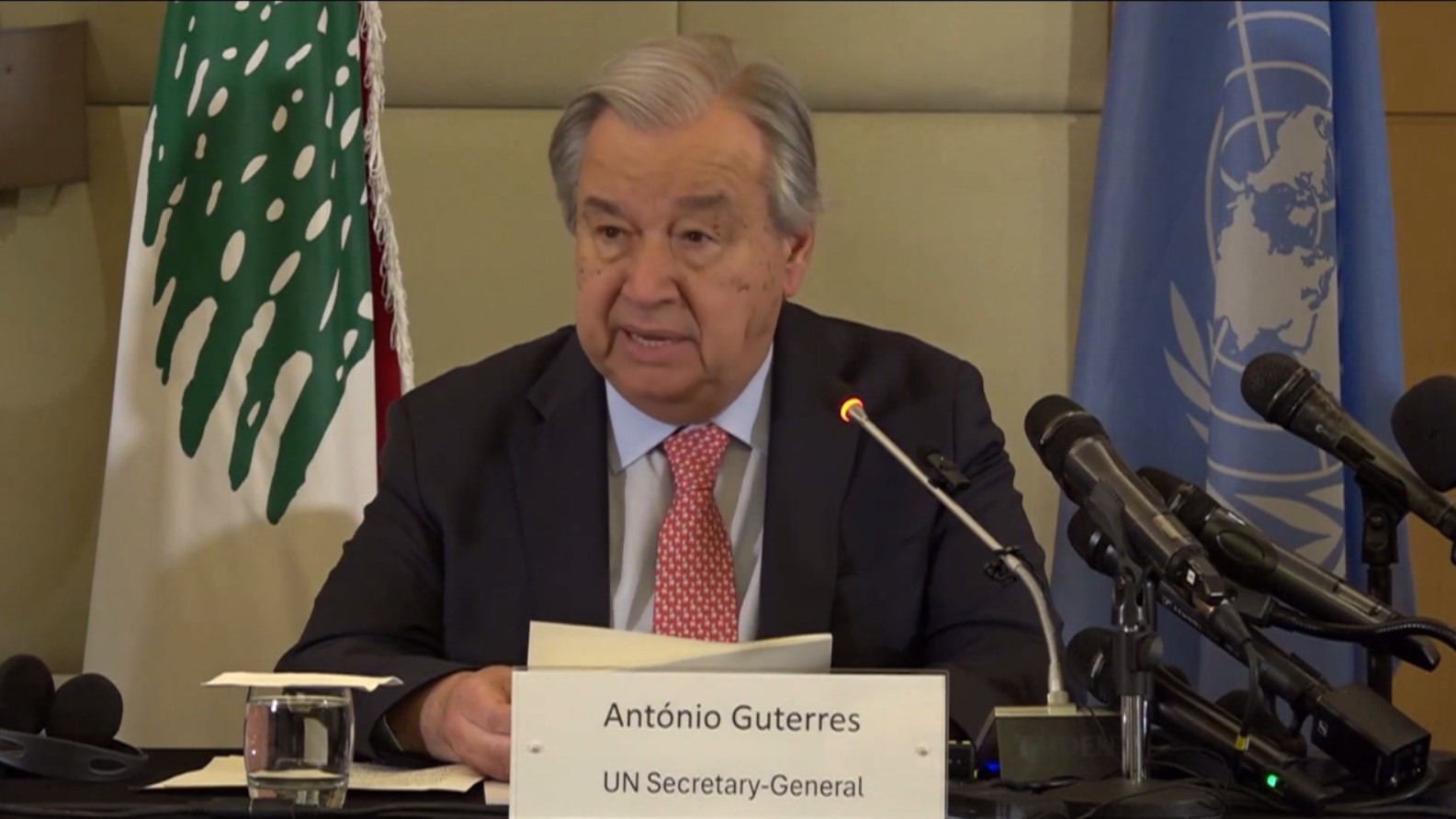
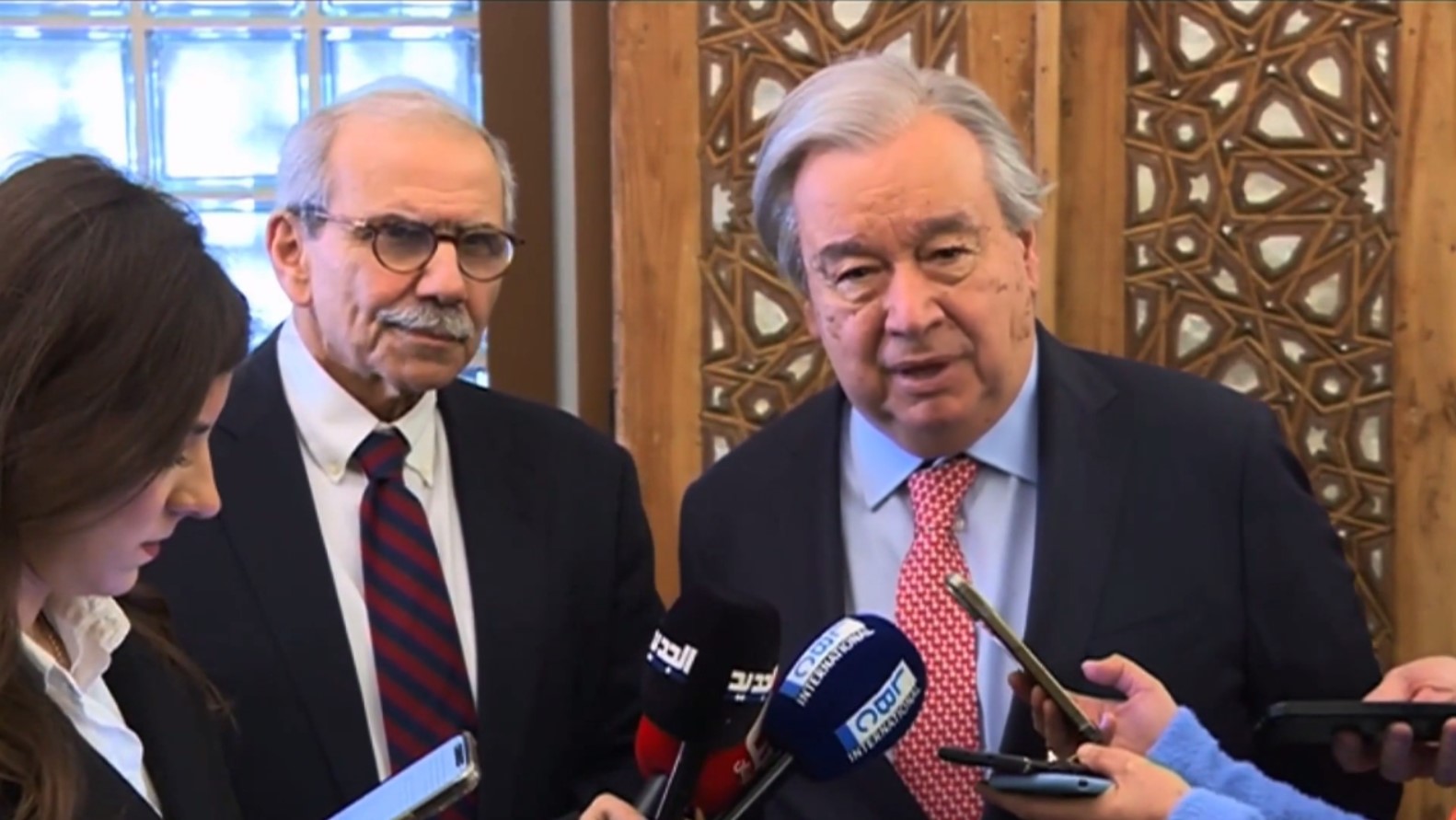
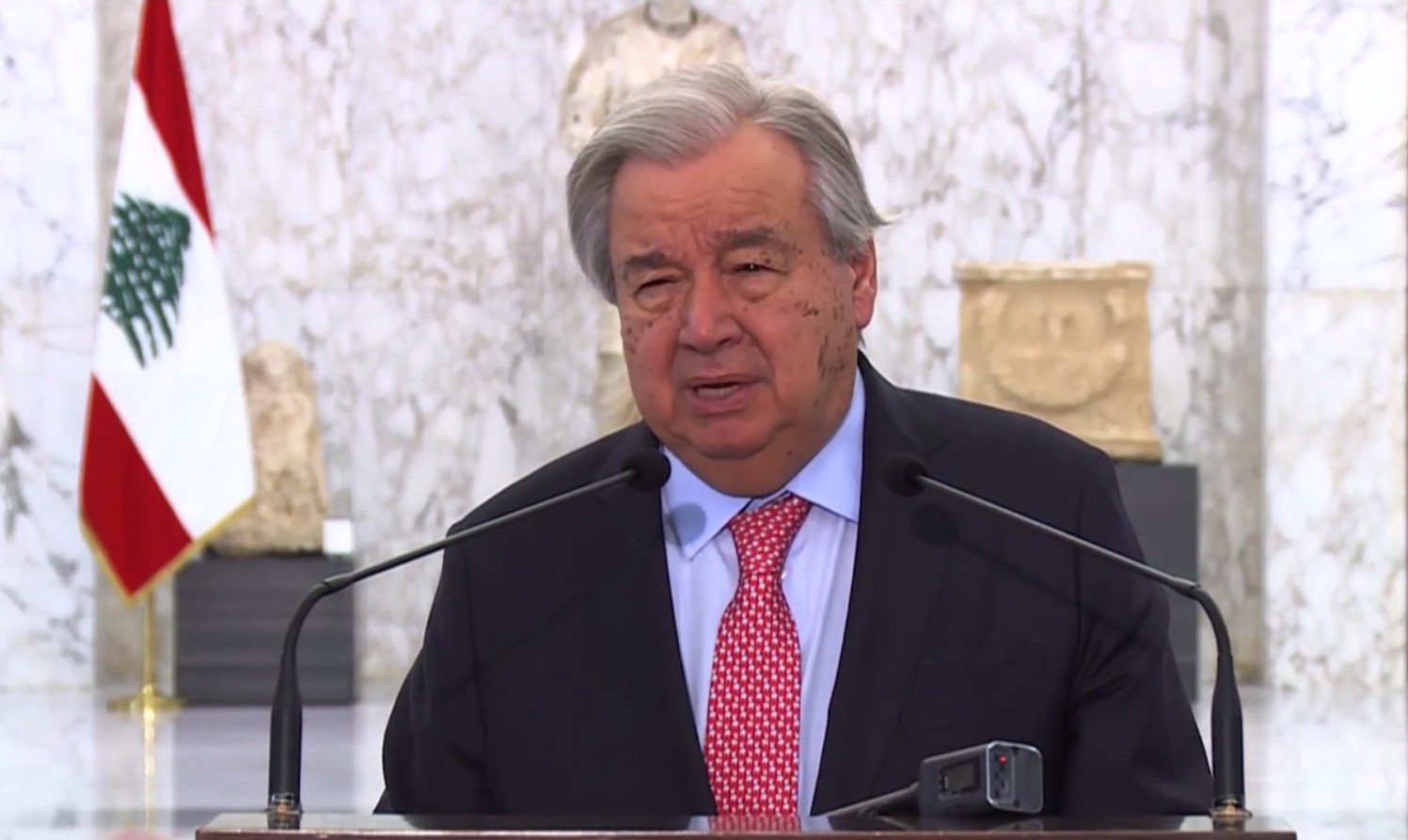
Middle East Peace and Global Power Shifts
On January 20, 2025, Donald Trump resumed the U.S. presidency, marking a new shift in American foreign policy. During his previous term, Trump adopted a harsh and unbalanced approach to Middle East issues, exacerbating the Israeli-Palestinian conflict and undermining regional stability. With the start of his second term, the direction of Middle East issues has become a focus of international attention.
Meanwhile, the Israeli-Palestinian ceasefire agreement has provided a temporary respite, but history has shown that such agreements are often fragile. During his visit, Guterres emphasized the importance of the withdrawal of Israeli forces and the deployment of Lebanese forces in the south, which is crucial for stabilizing the situation and part of the multilateral coordination logic behind the ceasefire agreement. However, achieving lasting peace in the Middle East requires stronger international coordination, not just temporary compromises.
On the other hand, the Russia-Ukraine war has added more uncertainty to global dynamics. This war has not only diverted international attention from Middle East issues but also led to energy price fluctuations, exacerbating the region's economic crisis. For Lebanon, which is heavily affected by fluctuations in the international energy market, this period is critical for its political and economic recovery. In this context, the role of the UN in mediation and support becomes even more significant.
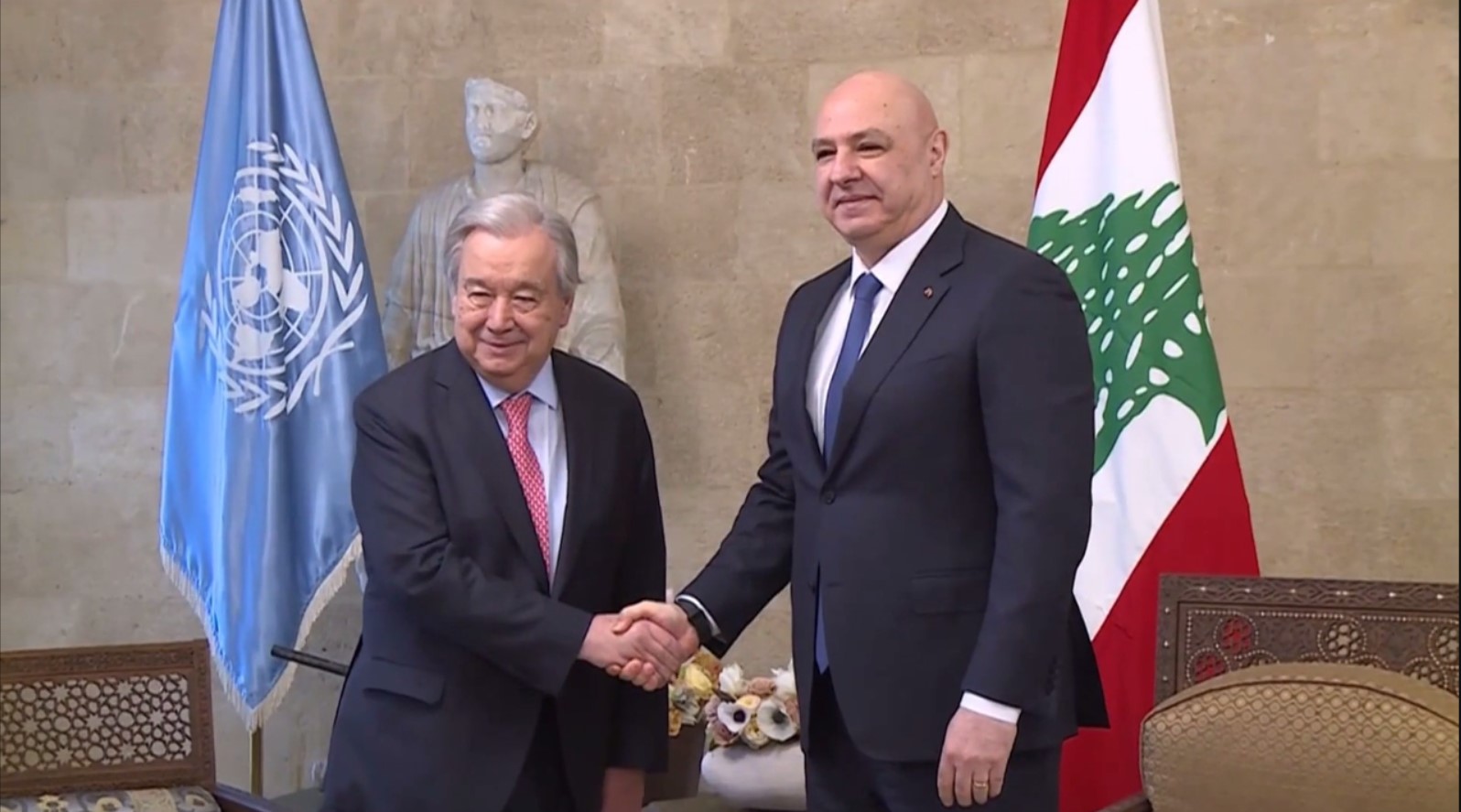
Opportunities for Stability Amid Fragile Peace
Guterres described the ceasefire in southern Lebanon as "fragile but sustained," aptly summarizing the current state of the Middle East peace process. Lebanon's future is closely tied to the trajectory of the Israeli-Palestinian conflict, which also reflects regional and international balance. The gradual withdrawal of Israeli forces, the deployment of Lebanese forces, and international support for Lebanese sovereignty are the three fundamental pillars of peace in the region. However, military solutions alone are insufficient to achieve peace; they must be accompanied by economic reconstruction and enhanced social trust.
The election of a new president and the appointment of a new prime minister have brought hope for improved governance in Lebanon. However, as Guterres pointed out, "the future remains challenging." These challenges include rebuilding internal political systems, balancing responses to major power competition, and regional divisions. This balance not only determines Lebanon's future but also the stability of the entire Middle East.
The Role of the UN and the Future of Global Cooperation
In an era of complex and multifaceted conflicts, the UN, as an important international organization, is playing an increasingly vital role. Whether coordinating multilateral negotiations on the Russia-Ukraine war or promoting peace in the Middle East, the UN faces dual pressures: on one hand, widening differences in member states' interests; on the other, limitations on the UN's ability to manage global affairs. Guterres's visit to Lebanon was not only a direct intervention for peace in the region but also a declaration that the UN remains a core pillar of international peace and security.
Furthermore, Guterres's support for the United Nations Relief and Works Agency for Palestine Refugees in the Near East (UNRWA) reflects the UN's moral commitment to protecting vulnerable populations. The long-neglected issue of Palestinian refugees remains an important part of Middle East peace. Supporting them demonstrates the importance of global cooperation—true peace cannot be achieved without protecting the rights of vulnerable groups.
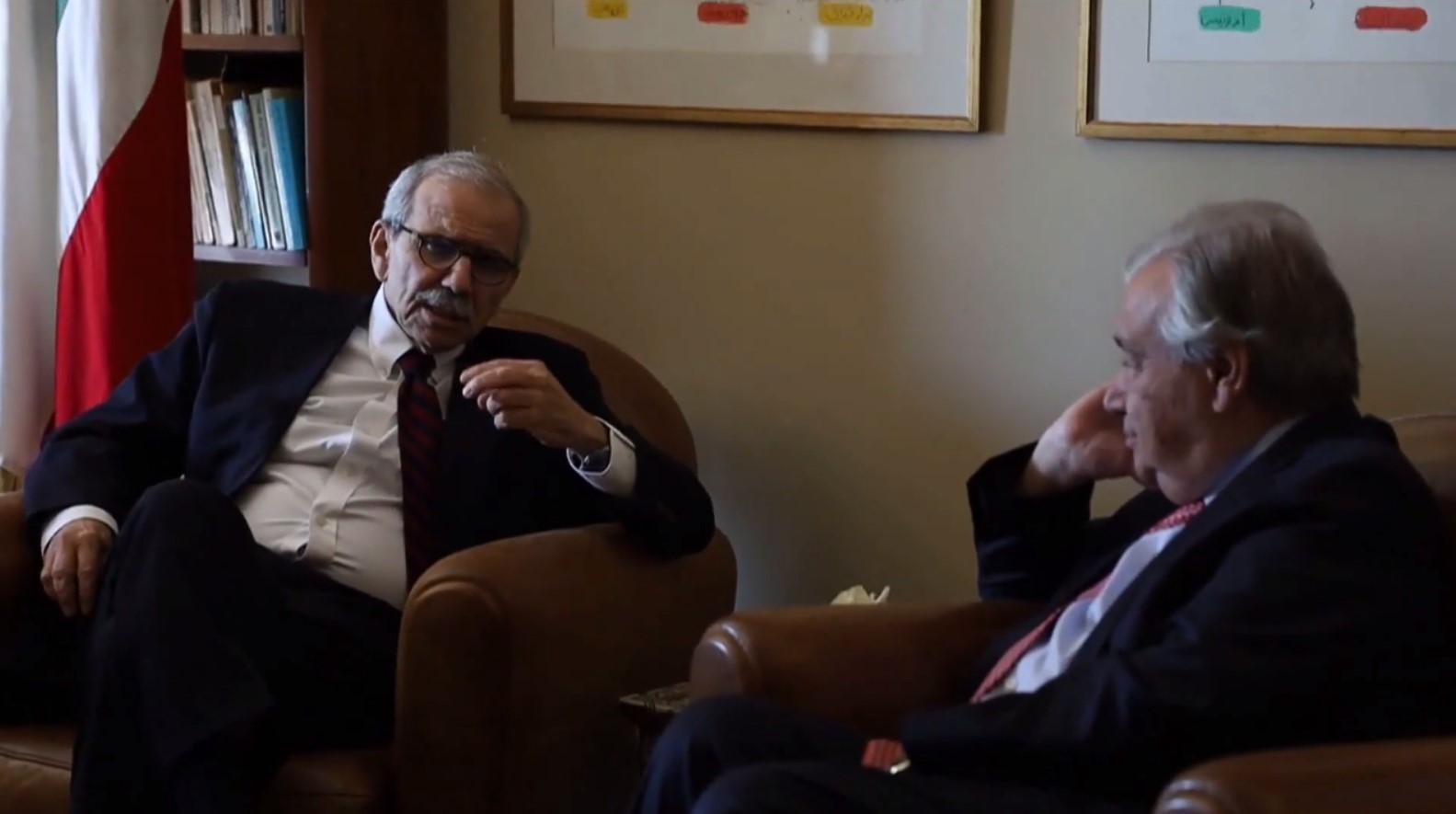
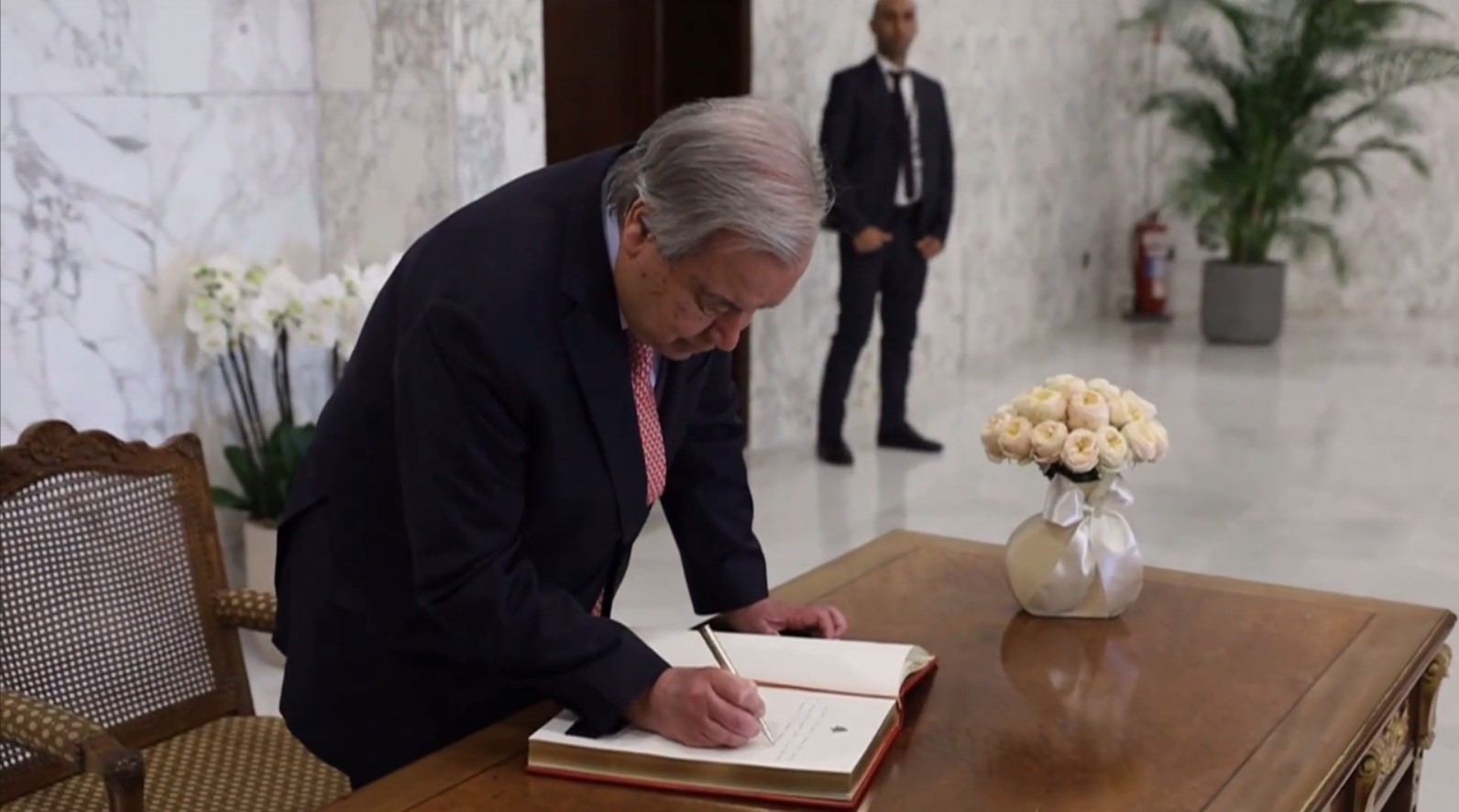
From the Middle East to the World: The Shared Destiny of Peace
From the ceasefire in southern Lebanon to the complexity of the Israeli-Palestinian conflict, and the impact of the Russia-Ukraine war, the Middle East peace process has never been detached from globalization. Today, peace and conflict are not merely regional issues but reflections of power struggles on the international stage. Guterres's visit reminds us that hope for peace always exists, but achieving peace requires the joint efforts of all parties.
In the current situation, how the new U.S. administration addresses Middle East issues and whether the Russia-Ukraine war could escalate into a broader conflict will profoundly affect the Middle East's future. For the UN, its role as an international mediator must be based on strengthening multilateralism and advancing global cooperation toward peace.
History teaches us that peace is not achieved overnight. It requires compromise, cooperation, and patience. The Middle East, a land of immense potential, continues to nurture countless hopes despite enduring prolonged suffering. Against the backdrop of international commitment to dialogue and cooperation, the dawn of peace will illuminate this ancient and turbulent land. Lebanon's future will continue to witness the importance of global peace.
